
Urinary Incontinence
Urinary incontinence can range from mild leaks to complete loss of bladder control. It affects millions of people worldwide and can be particularly common among older adults .
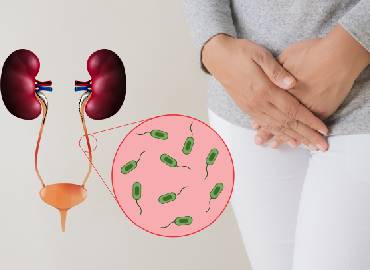
Urinary Tract Infections (UTIs)
UTIs are common bacterial infections that can affect any part of the urinary tract, including the kidneys (pyelonephritis), bladder (cystitis), ureters, or urethra.
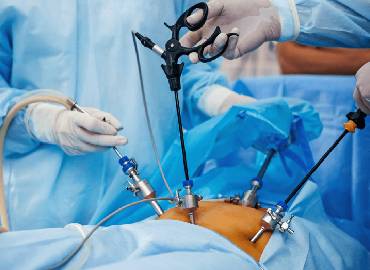
Laparoscopic Urology
Laparoscopic surgery uses small incisions and specialized instruments to perform surgeries, making it a less invasive option than traditional open surgery.
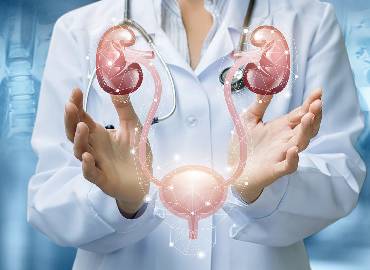
Endoscopic Urology
Endoscopic urology involves using an endoscope (a flexible tube with a camera) to diagnose and treat conditions within the urinary tract.
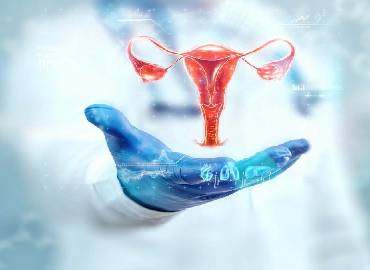
Uro-Gynaecology
Uro-gynaecology addresses pelvic floor disorders, such as urinary incontinence, pelvic organ prolapse, and bladder dysfunction, in women.
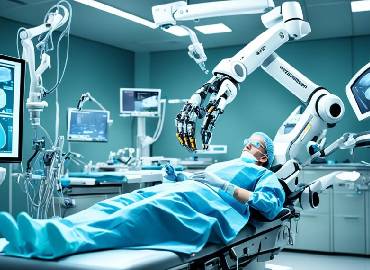
Robotic Surgery
Robotic-assisted surgery is an advanced form of minimally invasive surgery that uses robotic systems to reduce recovery time.
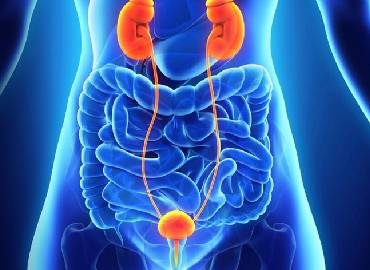
Uro-oncology
Uro-oncology focuses on cancers affecting the urinary system, including the kidneys, bladder, prostate, and testicles. Early detection and treatment are critical.

Paediatric Urology
Paediatric urology focuses on urinary and reproductive system disorders in children. This specialty addresses congenital anomalies, infections, and developmental issues.
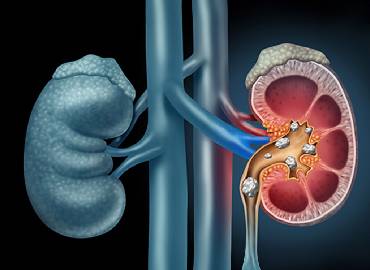
Kidney Stone
Kidney stones are hard mineral deposits that form in the kidneys and can obstruct the urinary tract.Kidney stones are solid masses or crystals that form from substances.
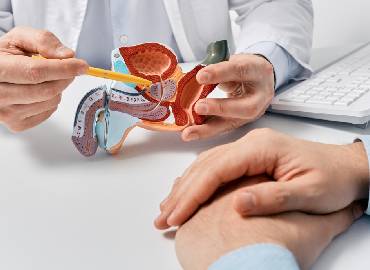
Prostate Cancer
Prostate cancer is a common form of cancer in men, usually growing slowly and often confined to the prostate gland.
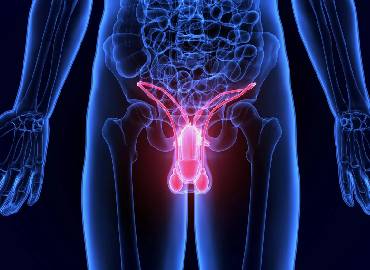
Erectile Dysfunction (ED)
ED is a common condition, especially among older men, and involves difficulty achieving or maintaining an erection.
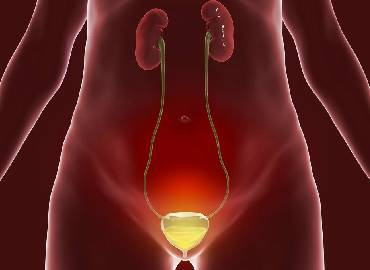
Overactive bladder
Overactive bladder is a collection of symptoms that may affect how often you pee and your urgency. Causes include abdominal trauma, infection.

